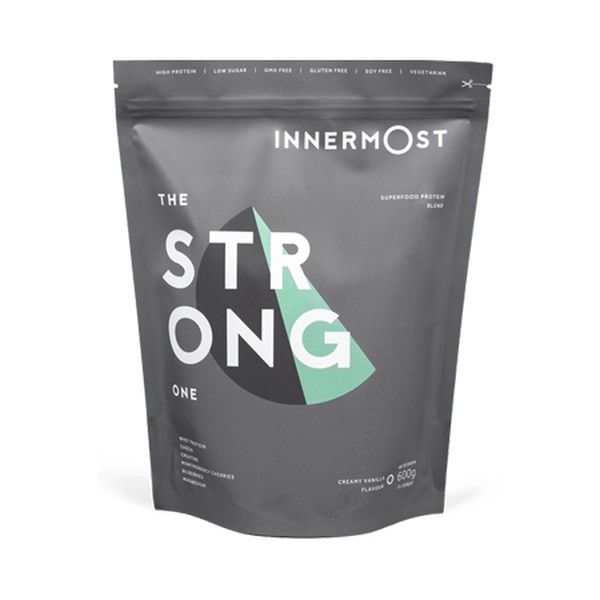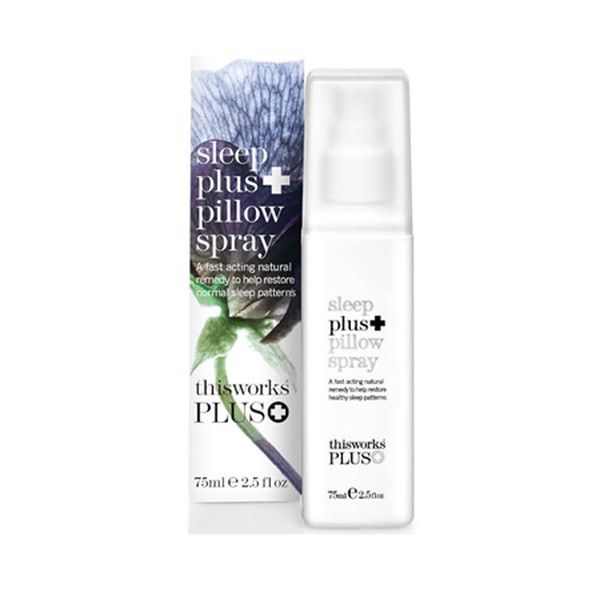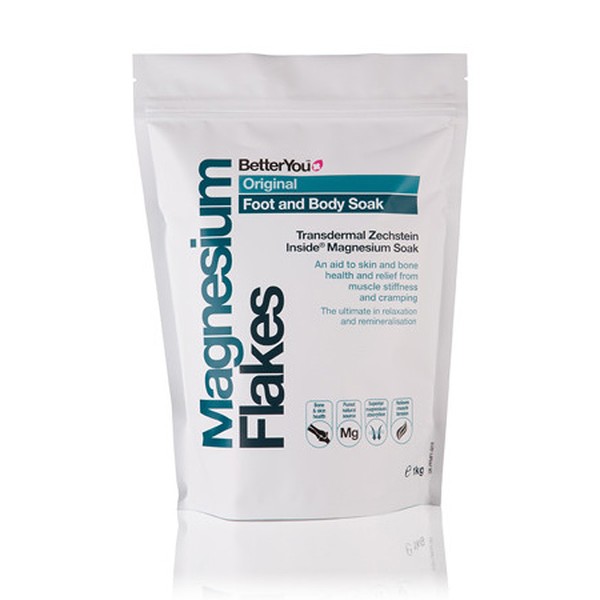Which Is More Important: Sleep Or Exercise?
Is hitting snooze not such a bad thing, after all?
It depends. While countless sleep experts say constant snoozing disrupts your body’s circadian rhythm and will undoubtedly leave you feeling groggy, when it comes to the gym vs sleep question, it may be better to lie in. If you aren’t getting enough shut-eye, research shows not only are you making it harder to stick with a healthy diet, but you’re also going to lack the energy and stamina you need to stay active and give your all to your workout.
How much sleep do we really need?
This differs from person to person (some people thrive on less than five hours) but the recommended time is somewhere between seven to eight hours per night. The key is to listen to your body – if your alarm goes off at the crack of dawn and your body feels genuinely tired, with the thought of hitting the treadmill filling you with dread, head back to dreamland.
But what if you love to workout out early?
That’s fine, but if you find you feel fatigued during the day, that it’s difficult to concentrate or hard to wake up, you may need to reconsider your sleep schedule. However, exercising early comes with a whole host of benefits that are hard to ignore – from increased alertness and endorphins to improved sleep come bedtime. If you’re reluctant to abandon your morning workout, be sure to give your body some wakeup time before exercising – try to incorporate at least 15 minutes of stretching into your routine to avoid injury and general muscle soreness.
Why is sleep so important for wellbeing?
Research shows sleep plays a major role in your overall physical and emotional health, helping your brain function, reducing your risk of chronic diseases, promoting mental wellbeing and boosting your immune system. Plus, studies also suggest a lack of sleep is associated with increased hunger and appetite (especially for fatty, high-calorie foods), linking a lack of sleep with an increased risk of obesity. Weight loss authority Louise Parker claims her most successful patients consistently get eight hours of sleep every night and those who don’t could see a 30% drop in results, most likely due to increased production of the hunger hormone ghrelin, triggered when we are sleep deprived, which can lead us to subconsciously eat up to 300 more calories per day when we’re tired. If that wasn’t enough, Harley Street nutritionist Rhiannon Lambert has also suggested adults with short sleep duration (less than five hours) tend to weigh significantly more than those who get adequate sleep.
Is it true a lack of sleep can affect metabolism?
Yes – and it can happen after just one night of sleep deprivation. A recent Swedish study found when a group of healthy, young male subjects stayed awake all night, their metabolic rate slowed, reducing their energy expenditure for tasks such as breathing and digestion by as much as 20% the following day. A cumulative lack of sleep will therefore undoubtedly affect the rate at which your body burns calories.
And can a lack of sleep affect your workout?
Absolutely. As Rhiannon Lambert explains, “Forcing yourself out of bed for a workout may not always be the best thing for your body, particularly if you’ve been overdoing it. If you do a lot of aerobic exercise and are over-trained, your cortisol levels will soar, leading to restlessness, an inability to focus and, in a vicious cycle, trouble sleeping. Overproduction of cortisol can lead to both mental and physical fatigue as well as a stubborn tendency to hang onto body fat. If you aren’t resting and giving your body a chance to repair, it will be sore and this will affect your workouts in the long run.”
Ultimately, is it better to get six hours of sleep and a workout, or eight hours and no workout?
Unfortunately, there isn’t a one-size-fits-all answer as everybody’s different. However, instead of sacrificing a full two hours of sleep, focus on getting exercise without a marathon gym session. A quick, high-intensity 20 to 30-minute workout or walking to work at a brisk pace will set you up for the day. And if you find yourself exhausted come 3pm after an early morning session, it could be worth setting an earlier bedtime or finding a different window for working out – just make sure you’re not putting yourself in a position to decide between these two titan pillars of wellness.
Maximise recovery and soothe weary muscles with SL’s edit of the ultimate pre-sleep supplements...
Re-Nourish by Rhiannon Lambert is available now on Amazon priced £18.99






DISCLAIMER: We endeavour to always credit the correct original source of every image we use. If you think a credit may be incorrect, please contact us at info@sheerluxe.com.

